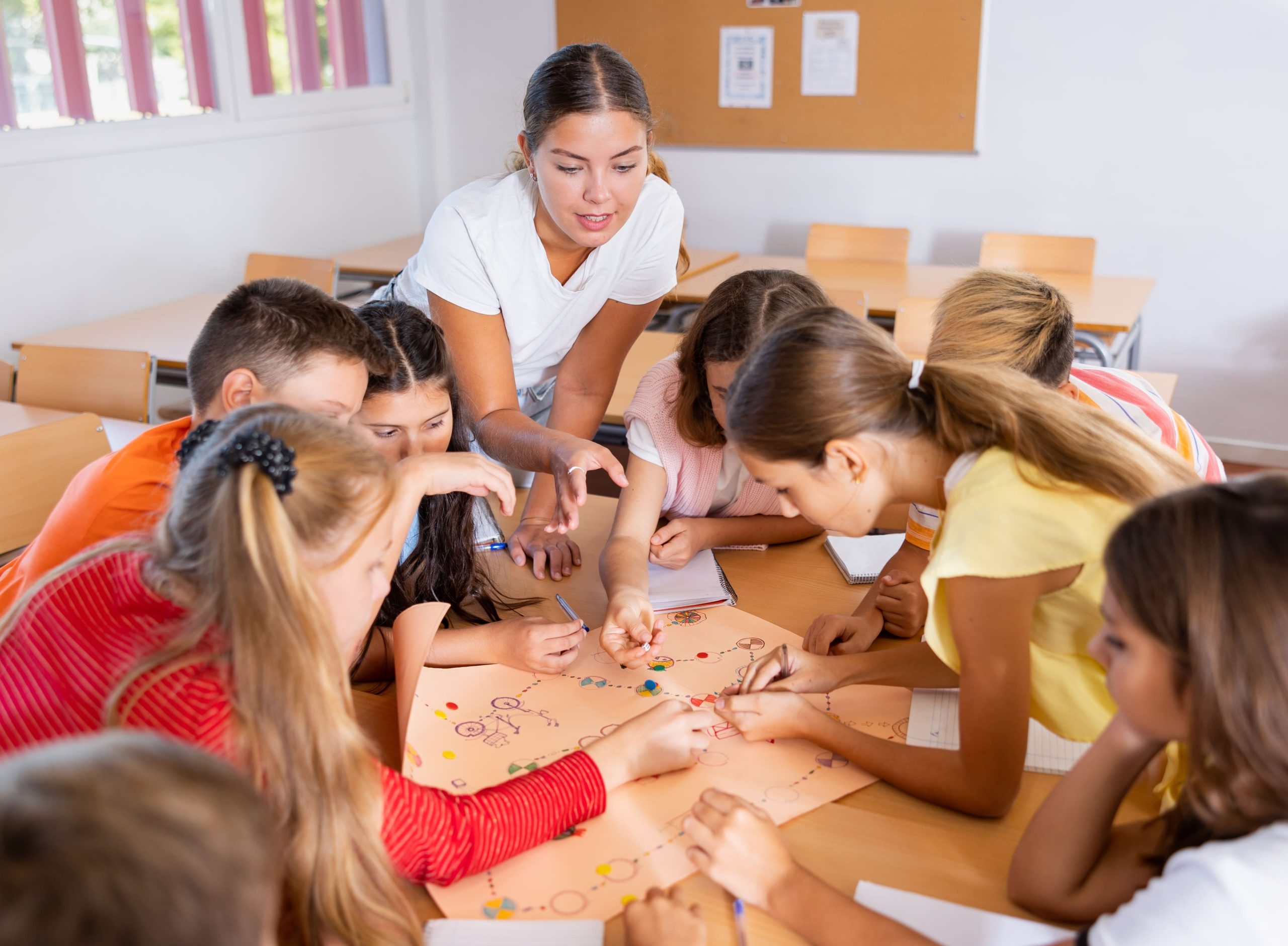
7 Engaging Activities for Leadership Training for Primary School Students
 Oct 31, 2023
Oct 31, 2023
Table of Contents
Introduction
In today’s dynamic world, leadership training for primary school students is invaluable. This article discusses its significance and offers seven engaging activities for educators. This guide aids students and educators in Singapore by highlighting essential leadership qualities and introducing The Leadership Challenge model.
The Significance of Leadership Training in Primary Schools

Primary school years form the foundation of a student’s educational journey. Leadership training during this critical period equips students with essential skills that extend beyond the classroom. These skills foster personal growth, teamwork, and a sense of responsibility, setting the stage for future success.
Essential Student Leadership Qualities
Effective leadership hinges on qualities such as communication, empathy, and problem-solving. By instilling these qualities in students, we prepare them to lead with confidence and compassion. These qualities serve as building blocks for their leadership journeys.
Navigating Student Leadership Training in Singapore
Singapore’s holistic approach to education is renowned. It has integrated leadership training into its curriculum to nurture responsible and proactive student leaders. Understanding Singapore’s approach provides valuable insights into effective leadership development.
Building a Strong Foundation: The Student Leadership Framework
A structured framework guides students in their leadership journeys. This blueprint includes self-awareness, skill development, and community engagement. Educators play a pivotal role in implementing this framework and molding future leaders.
The Role of Education and Career Guidance in Leadership Training
Education and career guidance help students align their strengths and interests with potential leadership roles. This guidance not only aids in personal development but also reinforces the importance of leadership skills in various professional settings.
Empowering Educators through Professional Development
Behind every empowered student leader is a well-equipped educator. Professional development programs in Singapore provide educators with innovative teaching methods and strategies to nurture leadership skills in students.
Unveiling The Leadership Challenge Model
The Leadership Challenge model, developed by Kouzes and Posner, offers a structured approach to leadership development. It emphasizes five key practices: setting an example, inspiring a common vision, embracing challenges, empowering others, and fostering motivation. This model serves as a guiding light for educators and students alike.
Engaging Activities for Leadership Training
Now, let’s delve into seven engaging activities that can enhance leadership training for primary school students. These activities are not only educational but also fun, fostering a positive learning environment.
Activity 1: Leadership Skill Workshops
Workshops that specifically target leadership skills are an effective way to engage students. These workshops cover topics such as communication, problem-solving, and decision-making, providing students with practical tools for leadership.
Activity 2: Role-Playing Scenarios
Role-playing scenarios simulate real-life leadership situations. Students can step into various roles, make decisions, and see the consequences of their actions. This hands-on approach enhances their problem-solving and critical-thinking abilities.
Activity 3: Community Service Projects
Engaging in community service projects allows students to apply their leadership skills in a real-world context. They learn the importance of empathy, teamwork, and making a positive impact on their communities.
Activity 4: Guest Speaker Sessions
Inviting guest speakers who have demonstrated effective leadership can be inspiring. These sessions provide students with real-world examples and allow them to ask questions and gain insights from experienced leaders.
Activity 5: Leadership Journals
Encourage students to maintain leadership journals. In these journals, they can reflect on their leadership experiences, track their progress, and set goals for improvement. This practice promotes self-awareness and continuous growth.
Activity 6: Team Building Challenges
Team building challenges, such as problem-solving games and group activities, enhance teamwork and collaboration. These challenges also help students develop leadership qualities like communication and flexibility.
Activity 7: Leadership Conferences
Organize leadership conferences or seminars where students can interact with peers from other schools. These events provide a platform for networking, sharing ideas, and gaining exposure to diverse leadership styles.
Conclusion
Leadership training for primary school students in Singapore is a dynamic and essential aspect of education. We can empower future leaders by developing student leadership qualities and using fun activities. These future leaders will create a better future for themselves and society.
